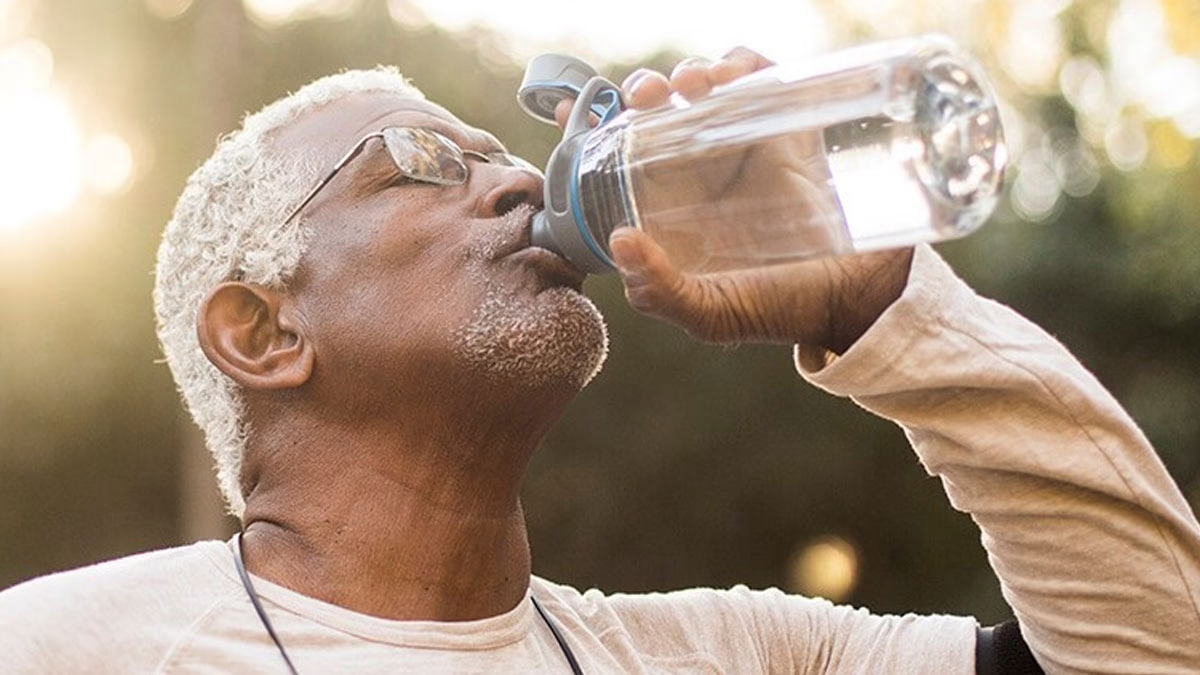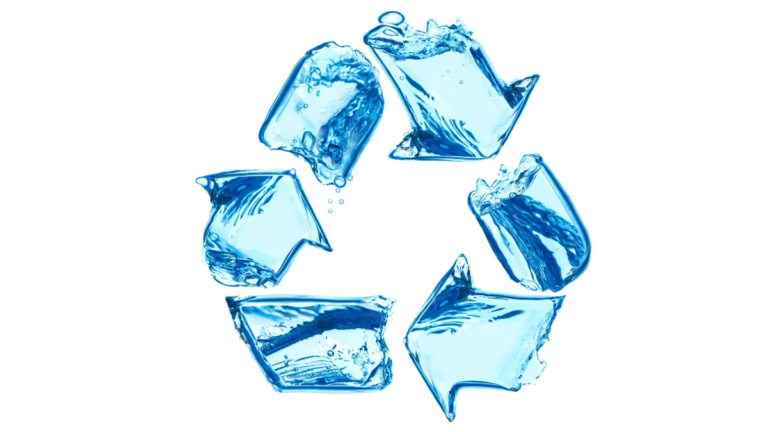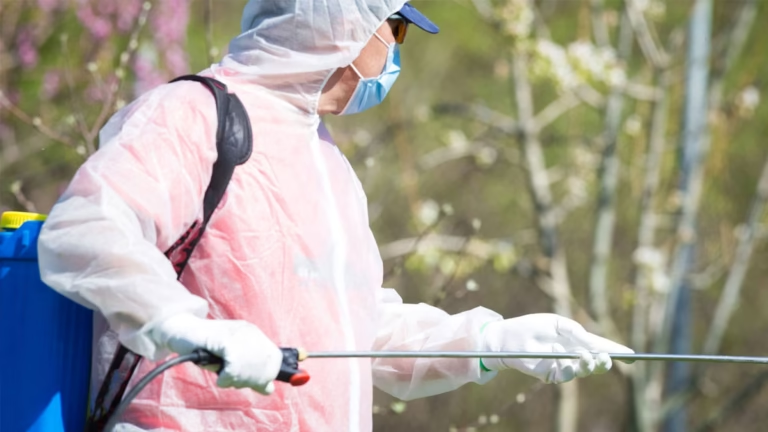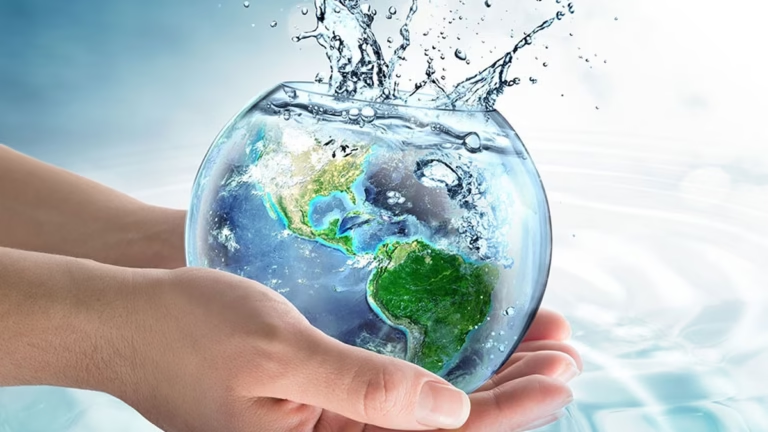Staying healthy is a goal we can all share, and fortunately, there are steps we can take to increase our chances of staying well and fighting off infections. And they’re as simple as staying hydrated.
“Water is vital for the functioning of all your organs and is critical to keeping your immune system functioning at its optimal level,” says Dr. Jyothi Tirumalasetty, assistant professor of medicine at UCLA Health – Los Angeles, California, USA – in the department of clinical immunology and allergy. “We are made of 60 percent water. If we’re dehydrated, our entire immune system can start to fail. ”
Proper hydration, along with adequate nutrition and sleep, is a key component of a healthy immune system.
Dehydration makes us more susceptible to germs
Dr. Tirumalasetty describes the immune system as “our own private bodyguard” against infections and other harmful elements. It’s made up of several components that include cells, tissues and organs. One of those organs we’re all too familiar with: our skin. “It’s a barrier that protects us,” she says. When our skin barrier is compromised, it can become an open door for pathogens, such as bacteria and viruses, to enter our bodies.
The immune system includes T cells that fight infection and work alongside B cells, which produce proteins called antibodies that travel through the blood. “These antibodies will recognize pathogens and start to change,” she says. “When they encounter a new bacteria, they say, ‘Oh, I need to change and learn to recognize this.’ The next time it enters your body, this antibody will attack it with full force.”
Dr. Tirumalasetty describes water as “a solvent” that helps these and other elements of the immune system work together. “Water carries important immune system components, including nutrients, to where they need to go and carries away waste from organs that are byproducts of our daily metabolism as we consume food and turn it into energy,” she says. If left unflushed, this waste can become toxic and weaken the immune system.
Make hydration a priority
In 2004, the National Academies of Sciences, Engineering, and Medicine established general recommendations for daily water intake for healthy, sedentary people in temperate climates: about 2.7 liters of water for women and about 3.7 liters for men. Researchers have found that about 80 percent of people’s total water comes from drinking water and other beverages; the other 20 percent comes from food.
However, Dr. Tirumalasetty stresses that her patients switch to drinking water instead of drinking more unhealthy options like juices and sodas. She also says that the amount of fluids individuals should drink depends largely on several factors. People who exercise a lot or are in hot climates are likely to need more than the recommended amount, for example. Similarly, older adults with heart or kidney disease may need to limit their water intake if their bodies can’t regulate that much fluid.
The doctor says a general rule of thumb is that when you’re thirsty, you’re already dehydrated. Aim to drink plenty of water with your meals, and if necessary, use a few tricks like adding flavor to your water, she says, or heating it up and adding herbal tea. You should also eat foods that are high in water, including watermelon, strawberries and spinach. “It’s like getting eight hours of sleep and eating properly,” says Tirumalasetty. “Getting enough water is a huge component of well-being in my opinion.”
Want better drinking water in your home?
Having better quality water in your home is more important than ever. Using water purifiers will make your home safer and more economical. You don’t have to leave your house to buy water. IBBL has the best solution for you and your family. Buy without leaving home: https://www.ibbl.com.br/
Text created by Culligan Water and translated by Ibbl.








